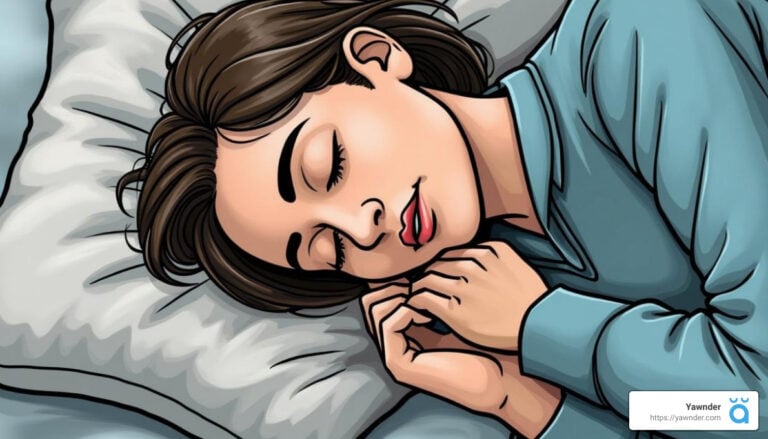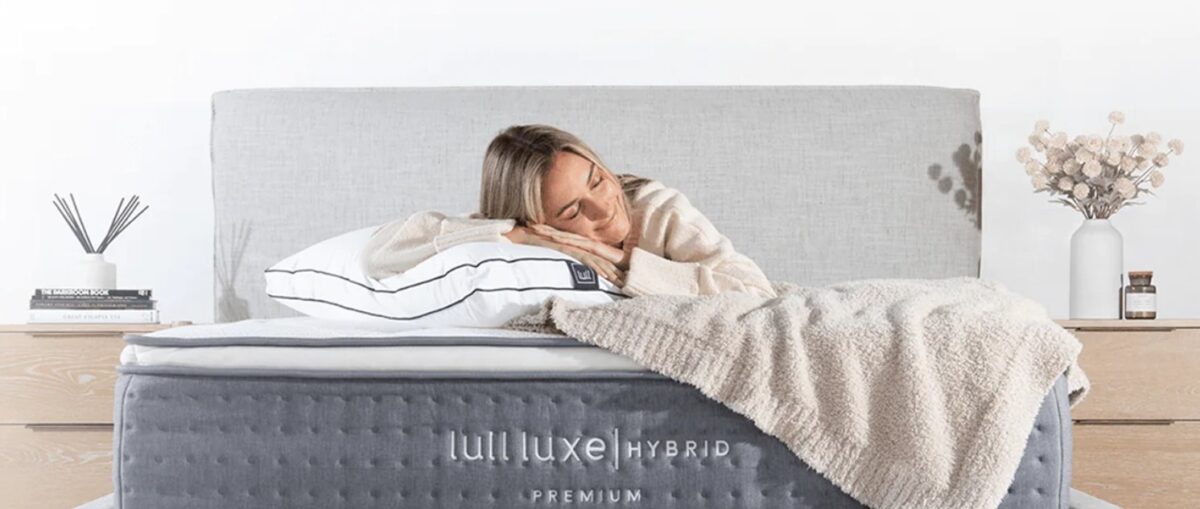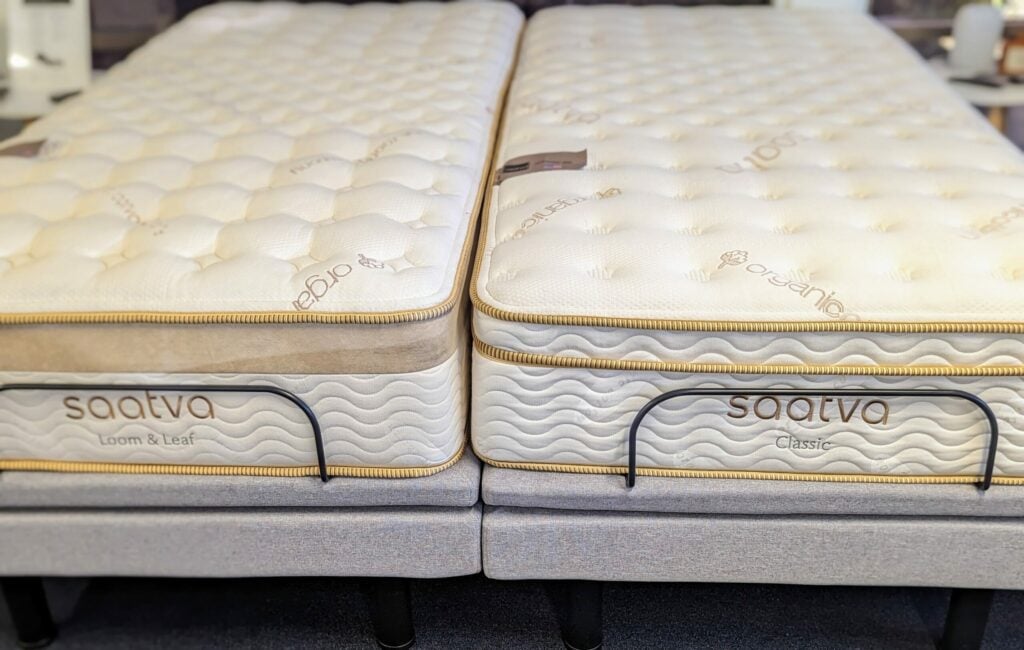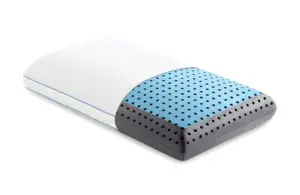How to Assess Sleep Quality and Improve It at the Same Time
Understanding the Significance of Sleep Quality
Assessing your sleep quality is a crucial first step toward enhancing your overall well-being. Just like a physical health check-up, recognizing how well you sleep can unlock solutions to various daily challenges, including lack of focus, mood swings, and long-term health risks. In our fast-paced world, the importance of quality sleep should never be underestimated. It is as essential to our health as food and air. When we prioritize good rest, we bolster our immune system, enhance athletic performance, and better regulate our metabolism.
According to the National Sleep Foundation, over one-third of U.S. adults are not achieving the recommended sleep duration. This lack of quality rest can have dire consequences. Sleep deprivation has been linked to obesity, heart disease, and a weakened immune system. Therefore, assessing and enhancing sleep quality isn’t just about feeling rested; it’s integral to thriving both physically and mentally.
Common Sleep Disorders Impacting Quality
Understanding sleep disorders is essential for anyone seeking to improve their sleep. Here are a few common conditions that could be hindering your rest:
Insomnia
Insomnia is the most widespread sleep disorder, affecting about one in three adults in the U.S. It manifests as difficulty falling or staying asleep, resulting in daytime fatigue and impaired functioning. If you often find yourself awake in the wee hours, it might be time to assess your sleep habits seriously.
Sleep Apnea
Sleep apnea is another significant concern, characterized by repeated interruptions in breathing while asleep. This disorder can severely diminish sleep quality and leads to excessive daytime sleepiness. It comes in two forms:
– Obstructive Sleep Apnea (OSA): Caused by a blockage of the airway.
– Central Sleep Apnea: A result of the brain failing to transmit proper signals to control breathing.
Both types can be associated with major health issues, including heart disease and diabetes.
Sleep Debt
Sleep debt is the culmination of lost sleep due to inadequate rest or sleep disorders. Over time, this can lead to chronic sleep deprivation, impacting both physical and mental health.
Taking an initial sleep quiz can be your first move in assessing sleep quality. This quick evaluation may reveal insights about your sleep patterns, but for accurate diagnosis and treatment, consulting a healthcare professional is paramount.
How to Assess Your Sleep Quality
Taking a Sleep Quiz
Listening to your body is essential, and a sleep quiz can guide you. These tools evaluate your sleep habits and help decode potential problems. The National Sleep Foundation offers an online screening tool that takes just about five minutes to complete, asking questions about your sleep experiences over the past month. Sample questions could include:
– How often do you struggle to fall asleep?
– Do you frequently wake up during the night?
– How energized do you feel when you wake up?
Interpreting Your Sleep Score
Upon completing the quiz, expect to receive a sleep score indicating your sleep quality, categorized as low, moderate, or high risk for sleep disorders. Here’s how to understand these scores:
– Low Risk: Generally healthy practices but with room for improvement.
– Moderate Risk: Some sleep issues may need addressing.
– High Risk: Professional consultation is recommended for a comprehensive evaluation.
Tools like a Sleep IQ and sleep debt calculator can provide richer insights into your sleep quality and inform you of how much sleep you owe your body.
Practical Tips to Improve Sleep Quality
Establishing a Consistent Bedtime Routine
Creating a bedtime routine can dramatically enhance your sleep quality:
– Wind-Down Period: Dedicate the last 30-60 minutes before sleep to calming activities such as reading, stretching, or meditation. Avoid stimulating tasks like screen time.
– Limit Screen Exposure: Reduce screen time at least an hour before bed to prevent blue light from disrupting melatonin production.
– Incorporate Relaxation Techniques: Try deep breathing, progressive muscle relaxation, or soothing music to signal your body that it’s time to rest.
Optimizing Your Sleep Environment
Your surroundings have a significant effect on your sleep quality:
– Invest in a Quality Mattress: A supportive mattress that suits your individual preferences can help eliminate discomfort during the night.
– Choose Breathable Bedding: Opt for organic sheets that are gentle on your skin and enhance comfort.
– Maintain a Cool Room Temperature: Ideally, keep your bedroom around 68°F for optimal sleep conditions.
– Control Noise: Use earplugs or white noise machines to minimize disruptive sounds.
– Manage Lighting: Blackout curtains can help create a dark environment conducive to sleep, and if a nightlight is necessary, stick to red or orange hues.
Healthy Lifestyle Habits
Your daytime habits influence your nighttime rest:
– Mind Your Diet: Avoid heavy meals, caffeine, and alcohol close to bedtime. Each can disrupt sleep cycles.
– Incorporate Regular Exercise: Physical activity promotes faster and deeper sleep, but aim to finish workouts a few hours before bedtime.
– Limit Caffeine and Alcohol Intake: Steer clear of caffeine post-noon to foster restful nights.
Conclusion: Prioritize Sleep for Better Quality of Life
In embracing the journey of understanding and improving your sleep quality, you take a pivotal step in enhancing your overall health. Resources like sleep quizzes offer valuable starting points, but to address potential sleep disorders, professional guidance is paramount.
By integrating practical tips—from establishing a bedtime routine to optimizing your sleep environment—you can cultivate habits that significantly enhance your rest. Remember the 10-rule for sleep management and the 15-minute sleep trick to easily foster a stronger connection between your bed and sleep.
At Yawnder, we are committed to supporting your quest for rejuvenating sleep. Explore our resources, take the sleep quiz, and position sleep as a priority in your life. Committing to improved sleep quality is an investment in your health, promising a transformative impact on your vitality and clarity.
By focusing on establishing and maintaining good sleep habits, you not only enhance your well-being but also open the door to numerous benefits in your day-to-day life.


















